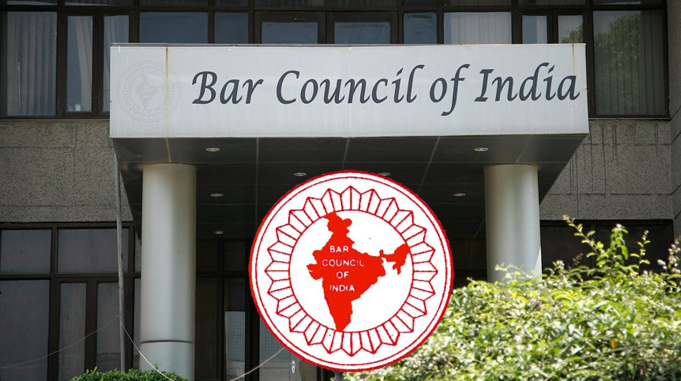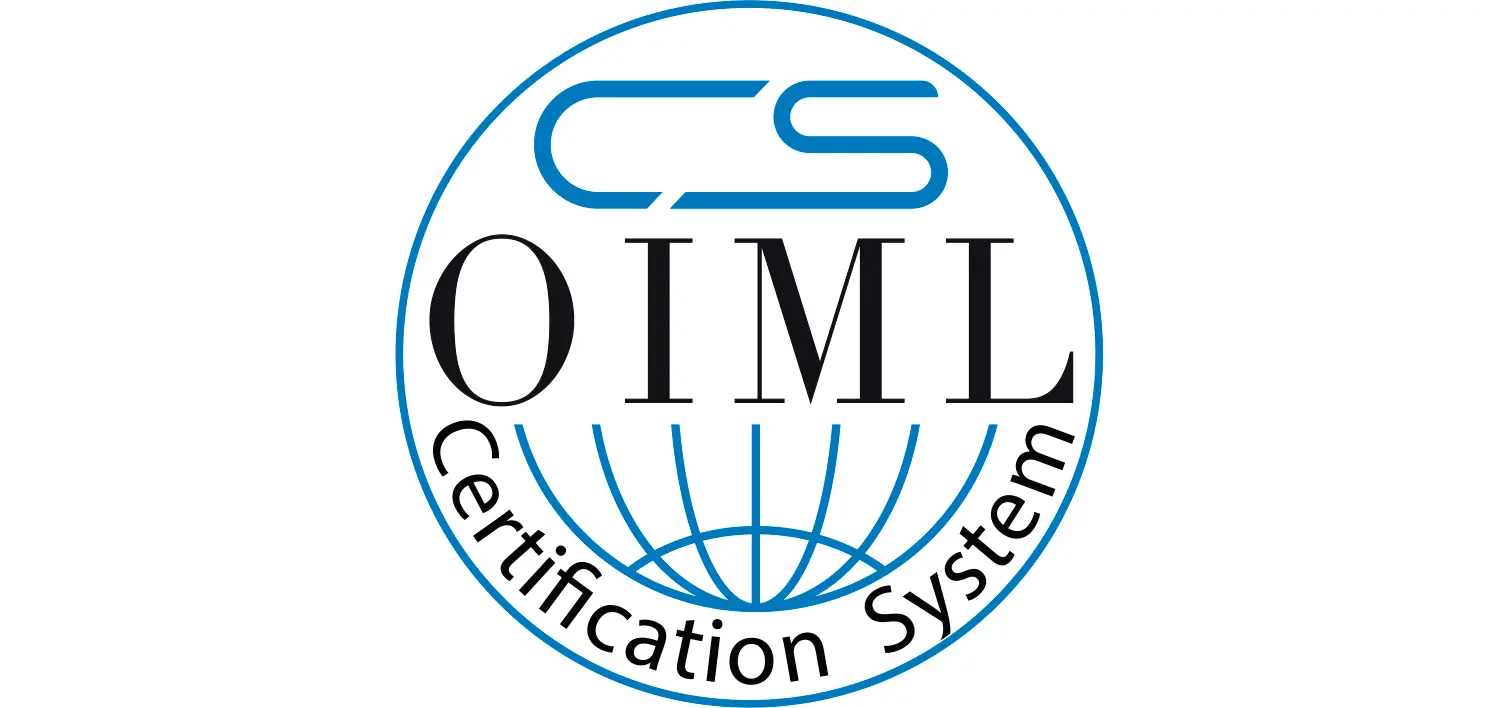UPSC
|
17 November 2021 09:39:22
Audit Diwas - November 16

Audit Diwas 2021: Data will dictate history, says PM Modi
First Audit Diwas celebrated on November 16
PM Narendra Modi said that CAG's new practice of sharing preliminary findings with government departments before the beginning field audits will give better results.
Introduction to CAG (Comptroller And Auditor General of India)
In a democracy like our country, India, accountability of the ruling class is an essential aspect of polity and governance. For securing the same, the Constitution of India has granted the authority to institutional frameworks like an independent Judiciary, Vigilance bodies as well as a Supreme Audit Institution or SAI.
The Supreme Audit Institution is established by the Comptroller and Auditor General of India (CAG) as well as the Indian Audit and Accounts Department (IAAD), which operates under his charge.
The Indian Constitution has mandated the office of CAG to be the auditors of the nation and, thus, an agent for maintaining answerability.
Understanding CAG (Comptroller And Auditor General Of India)
Defined as the “most important officer in the Constitution of India” by Dr B.R. Ambedkar, Comptroller and Auditor General of India, is an independent jurisdiction authorised under Article 148 of the Indian Constitution. CAG of India, or also the “Guardian of the Public Purse”, is vested with the responsibility of inspecting and auditing all the expenditure of both the Central and the State Governments as well as of those organisations or the bodies which the government significantly funds.
Duties Of CAG
He audits the accounts associated with all expenditure from the Consolidated Fund of India, Consolidated Fund of every state and UT having a legislative assembly.
He audits all the expenditure from the Contingency Fund of India and the Public Account of India, and the Contingency Fund and Public Account of every state.
He audits all the trading, manufacturing, profit and loss accounts, balance sheets and separate subsidiary accounts kept by any department of the Central Government and State governments.
He audits all the receipts and expenditure of the bodies and authorities extensively financed from the Central or State revenues, government companies, other corporations, and bodies when required by related laws.









